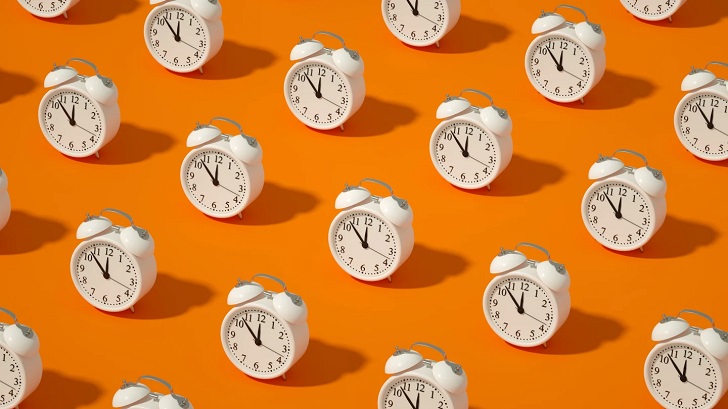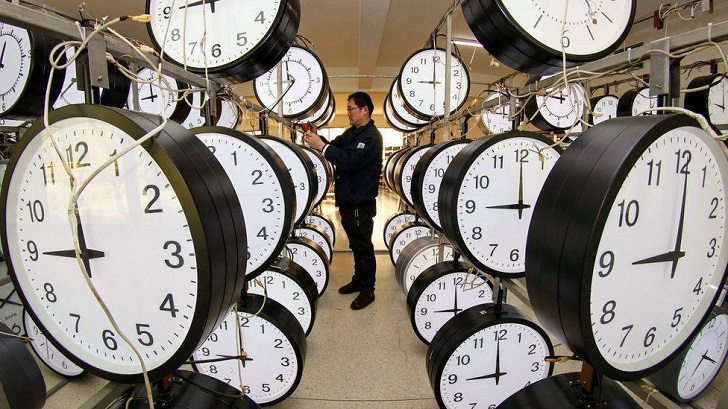Our lives and all we do are governed by the passage of time. The passage of time shapes the life itself. Clocks control both our daily routines and our favourite TV programmes. While some believe that time is running out, others believe that they have too much time. Some live in the past, only think about the future, and savour the present. However, not many people are aware of it. Here are some time facts to broaden your trivia knowledge if you wish to separate yourself from this crowd.
There are two ways to consider the length of a day on Earth.

Akinbostanci/ iStock/ Getty Images Plus | We must use time as a tool, not as a couch
The time it takes for the Earth to revolve, or what you conceive as a day, isn’t exactly 24 hours. 23 hours, 56 minutes, and 4.2 seconds have passed. The difference between a solar day and a sidereal day, a solar day is 24 hours, but a sidereal day is around four minutes shorter, is why it takes 24 hours from dawn to sunrise. A solar day is determined by the sun's location in the sky, whereas a sidereal day is determined by the position of the "fixed" stars. A sidereal day, then, is the amount of time it takes for a distant star or constellation to emerge on the same meridian.
No one lives in the present.
The fact is that there is no such thing as the present or the now, despite how common phrases like "living in the now" and "enjoying the here and now" are. The human brain's time to perceive and process events is about 80 milliseconds. In other words, we experience the " present " 80 milliseconds ago. Even with a slight delay, humans continue to live in the past.
Measurement of time

Akinbostanci/ iStock/ Getty Images Plus | Time is what we want most but what we use worst
The "Planck time" is the lowest unit of time recognised by science. To blink once rapidly, you need to travel around 550 trillion trillion trillion Planck times.
Individual people can experience time differently, too.
You've observed that time appears to fly by while you're having fun or working toward a goal, but it drags when you're bored. This is due to your brain paying less attention to time passing while you're concentrating on something, like a huge job assignment or a party. However, when you're uninterested, or your brain isn't as active, you become more conscious of time's passage, which seems to go more slowly. Dopamine, the neurotransmitter and hormone that makes us joyful, was mentioned as another potential offender in one research. It demonstrated that higher dopamine production, which occurs when you love something, may cause your body's internal clock to slow down, giving the impression that time is passing quickly.
History is longer than you think.

Maxresdefault/ Youtube | Time you enjoy wasting is not wasted time.
Civilisation as we know it is barely 6,000 years old; scientists estimate that Earth is 4.54 billion years old. Numerous events occurred during this time, as we know from history classes. When studying ancient civilizations, we see them as isolated incidents rather than long-lasting phenomena.
The Egyptian culture, with its pyramids and pharaohs, is a wonderful illustration of this. You might be startled to learn that the legendary Cleopatra lived more closely to the emergence of the internet than she did to the construction of the pyramids.

